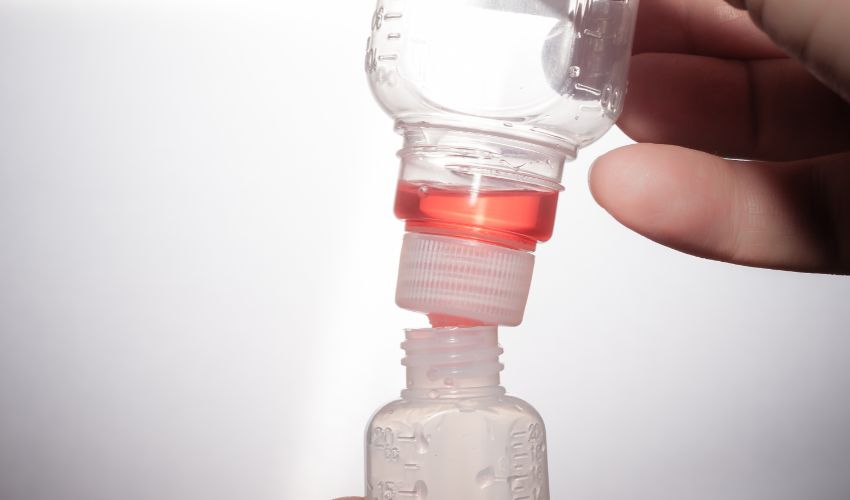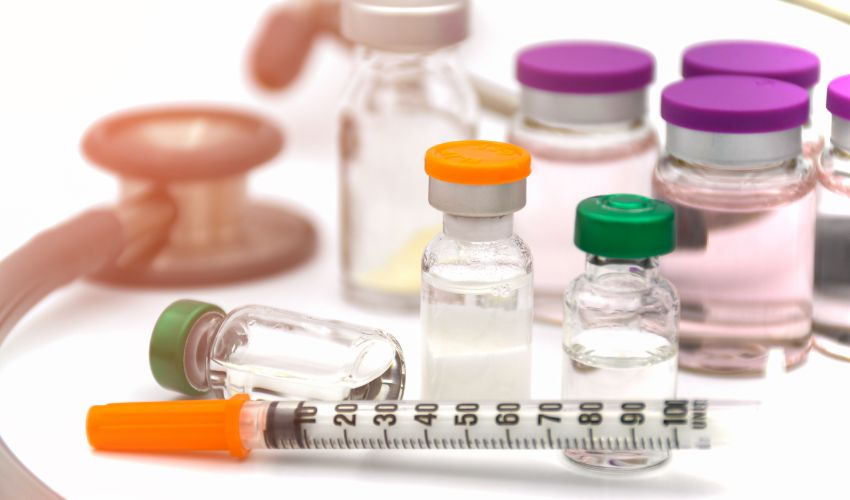Dosage is the amount of medication that is recommended or prescribed to be taken by an individual to treat a particular medical condition. There are different types of dosage, including standard dosage, loading dose, maintenance dose, and maximum dose, and they vary depending on the medication and the individual’s needs.
The correct dosage is important to ensure the medication’s effectiveness in treating the medical condition and to avoid harmful side effects. Taking too little of a medication may not effectively treat the condition, while taking too much can lead to harmful side effects, such as organ damage or overdose.

Factors that affect dosage include age, weight, gender, health conditions, and other medications. For example, children may require a different dosage than adults, and individuals with certain health conditions, such as liver or kidney disease, may require a lower dosage than those without these conditions.
To determine the correct dosage for your medication, it is important to consult with your healthcare provider. Your healthcare provider can take into account your individual needs and health conditions to determine the appropriate dosage for you.
Once you have determined the correct dosage for your medication, it is important to follow the medication label and instructions carefully. Starting with a low dose can help you avoid harmful side effects, and monitoring for side effects can help you identify any issues early on.
Other tips for taking medications safely include keeping a medication journal to track when you take your medication, storing medications properly to ensure their effectiveness, not sharing medications with others, and disposing of expired or unused medications properly.
By understanding the correct dosage for your medication and taking it as directed, you can effectively treat your medical condition and avoid harmful side effects.
FAQs:
Can I take more medication than the recommended dosage if I am experiencing severe pain?
No, taking more medication than the recommended dosage can be harmful and can lead to overdose. Consult with your healthcare provider if you are experiencing severe pain.
What should I do if I forget to take my medication?
If you forget to take your medication, take it as soon as you remember. If it is close to the time for your next dose, skip the missed dose and take your medication at the regular time.
Can I cut or crush tablets to adjust the dosage?
No, you should not cut or crush tablets without consulting with your healthcare provider or the medication label. Some medications have a special coating that can be destroyed by cutting or crushing.
Can I take two different medications at the same time if I miss a dose?
No, you should not take two different medications at the same time without consulting with your healthcare provider. Some medications can interact with each other and lead to harmful side effects.
What should I do with expired or unused medications?
You should dispose of expired or unused medications properly by following the medication label or consulting with your local pharmacy or healthcare provider. Do not flush medications down the toilet or throw them in the trash, as they can harm the environment and others who may come into contact with them.

Conclusion:
Understanding the correct dosage for medications is important to ensure their effectiveness and avoid harmful side effects. Factors such as age, weight, gender, health conditions, and other medications can all affect the recommended dosage. It is important to consult with your healthcare provider to determine the correct dosage for your medication, and to follow the medication label and instructions carefully. By taking medications as directed, keeping a medication journal, storing medications properly, and disposing of them properly, you can take your medications safely and effectively to treat your medical condition.






















